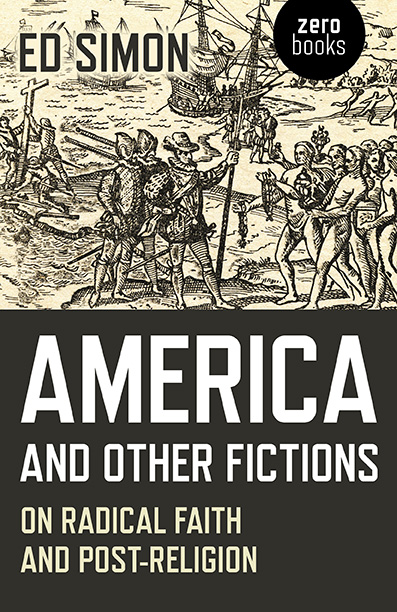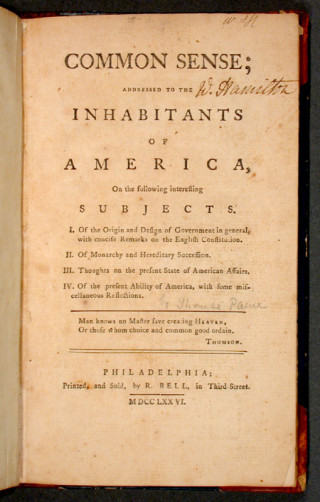Since it became America’s Bohemia, its “Republic of Dreams” as it’s been called, many junkies and drunks have died anonymously in the tenement houses of Greenwich Village, but only one of them was a Founding Father of the United States of America. Before Andy Warhol and Bob Dylan, or Walt Whitman and Mark Twain walked Canal and Houston, there was Thomas Paine. Here the forgotten founder of America died alone of cirrhosis in a lower Manhattan hovel with only six mourners at his funeral. His very body was absconded with and lost in transit to his native England. Regal George Washington lay in a massive mausoleum and a mural of his apotheosis looks out over the Capital (making him not just monarchical but divine); the silver-tongued hypocrite and patron of equality Thomas Jefferson’s tomb is surrounded by the graves of anonymous slaves. But Tom Paine, most pious partisan and prophet of liberty had his body mutilated, spread about, and lost. In myth-haunted America, land of the jeremiad, newest world based on some of the oldest legends, polemicists on both left and right treat our “Founding Fathers” as gods. Tom Paine however didn’t believe in gods, and so he was just a man, sometimes a flawed one, and because of that he deserves our love.
Tom Paine did not have the aristocratic forbearance of Washington or Jefferson; he was an uncouth man, one of the roughs, an American. Born in Norfolk, he had a life-long working class English accent. Rebellion was what he was raised on. It was not ideology; it was inheritance. Unlike Jefferson he needed no Locke and Bacon to convince him of man’s natural state of liberty, and unlike Washington he had no need of a Jefferson to convince him of the same. His home village of Thetford was the site of Boudicca’s royal residence, the raped Celtic queen who avenged her husband’s death by descending on Roman Londinium and burning it to the ground, and it’s that legacy he imbibed in youth. It’s a historical slander of the English to say that they are a people of royal servitude, for Tom Paine demonstrated the deep sense of justice and equality which runs in the veins and sinews of those who belong to the radical English tradition. There is no understanding 1776 without understanding 1649, or 1381. His was not the England of Plantagenet, Tudor, Stuart, Hannover or Saxe-Coburg-Gotha. Tom Paine is of the England that gave us John Ball and Jack Straw, Gerard Winstanley and Abiezer Cope, William Godwin and Mary Wollstonecraft. “When Adam delved and Eve span,/Who was then the gentleman?” is as if a nursery rhyme to the young Tom Paine, inheritor of radical religious non-conformism and theological dissension.

